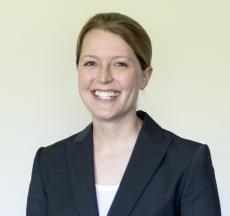Running Candidates after Using Violence?
Thursday, May 12, 201612:00 PM - 1:30 PM (Pacific)
Abstract:
Designing peace agreements that can be signed and sustained can be difficult in civil conflict. A recent transformation in successful settlement design has produced many cases that include electoral or other political participation provisions. In this paper, we examine popular support for the transformation from bullets to ballots, testing whether individuals object to providing former rebels with the protections and legitimacy of electoral participation. Using a survey experiment in the context of Colombia’s current peace process between the Government and the FARC (Fuerzas Armadas Revolucionarias de Colombia), we find that the latter is a highly controversial actor in the country—indeed, invoking the specific group diminishes support for the peace process, particularly accords that would allow for increased representation in municipalities more affected by conflict. These findings are important to understanding how to design settlements, providing policy implications for the peace process with the FARC in Colombia but also in other civil conflicts that negotiators may seek to end through electoral participation by the former rebels, a proposal that has become common in many cases, including the Taliban in Afghanistan.
Speaker Bio:

